Buy [Audio] EP17 Workshop 10 – In an Unspoken Voice: How the Body Released Trauma and Restores Goodness – Peter Levine, PhD Course at GBesy. We actively participate in Groupbuys and are committed to sharing knowledge with a wider audience. Rest assured, the quality of our courses matches that of the original sale page. If you prefer, you can also buy directly from the sale page at the full price (the SALEPAGE link is directly provided in the post).
 [Instant Download] – Immediately deliver the download link after receiving the payment
[Instant Download] – Immediately deliver the download link after receiving the payment
[Audio] EP17 Workshop 10 – In an Unspoken Voice: How the Body Released Trauma and Restores Goodness – Peter Levine, PhD course with special price just for you: $15 $5
- Topic Areas:
- Workshop | PTSD | Trauma
- Bundles:
- Learning Track – EP17 Trauma Download
- Category:
- Evolution of Psychotherapy | Evolution of Psychotherapy 2017 | Evolution of Psychotherapy Trauma Learning Track
- Faculty:
- Peter Levine, PhD
- Duration:
- 1:38:05
- Format:
- Audio Only
- Original Program Date :
- Dec 13, 2017
Description
Description:
Traditionally, therapies have attempted to change perceptions of the world by means of reason and insight, with conditioning and behavior modification, or with drugs and medications. The trauma response is a set of defensive bodily reactions that people initially mobilize in order to protect themselves, both from threat, and then later, against feeling the crushing totality of their horror, helplessness and pain. However, as time goes on, this avoidance keeps them frozen and stuck in the past, unable to be fully present, in the here and now, and unable to go forward in life. Fixed in the defensive trauma response, the shame, defeat and humiliation, associated with the original event replays itself over and over again in the body. Dr. Levine explores the implications of Body-oriented psychotherapy and recent findings in the neurosciences, on how the brain and body deals with emotional information.
Educational Objectives:
- Differentiate between top-down and bottom-up processing.
- Utilize procedural (body) memory in resolving trauma.
- Create new interoceptive experiences as a way of transforming traumatic experiences.
*Sessions may be edited for content and to preserve confidentiality*
![GBesy [GB] GBesy [GB]](https://www.gbesy.com/wp-content/uploads/2023/05/gbesy-Logo-full-100.png)
![[Audio] EP17 Workshop 10 - In an Unspoken Voice: How the Body Released Trauma and Restores Goodness - Peter Levine [Audio] EP17 Workshop 10 - In an Unspoken Voice: How the Body Released Trauma and Restores Goodness - Peter Levine](https://www.gbesy.com/wp-content/uploads/2023/07/Audio-Only-EP17-Workshop-10-In-an-Unspoken-Voice-How-the-Body-Released-Trauma-and-Restores-Goodness-Peter-Levine-PhD.png)


 Purchase this course you will earn
Purchase this course you will earn 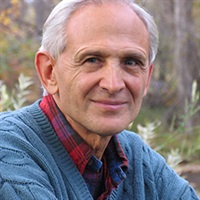
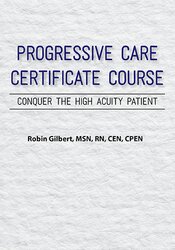
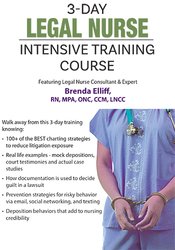
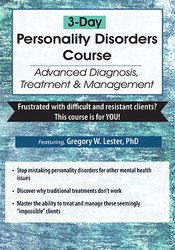
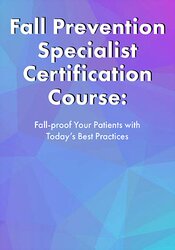
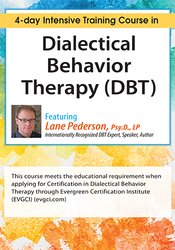
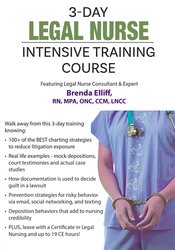
Reviews
There are no reviews yet.